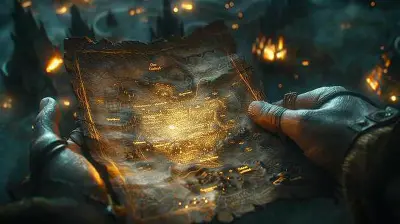The Legacy of PlayStation Exclusives: How They Influenced Other Games
1 November 2025
If you’ve ever picked up a controller and been swept away by the worlds of Kratos, Joel and Ellie, or Nathan Drake, then you know exactly how powerful PlayStation exclusives can be. These aren’t just games—they're cultural events. They shape conversations, set standards, and influence how other developers make their own titles.
But have you ever stopped to think just how deep that influence runs? How games on other platforms suddenly started feeling more cinematic, emotional, or tightly designed? That’s the PlayStation effect. And in this article, we’ll dive into the legacy of PlayStation exclusives and how they’ve shaped the gaming world beyond their own ecosystem.
Let’s geek out, shall we?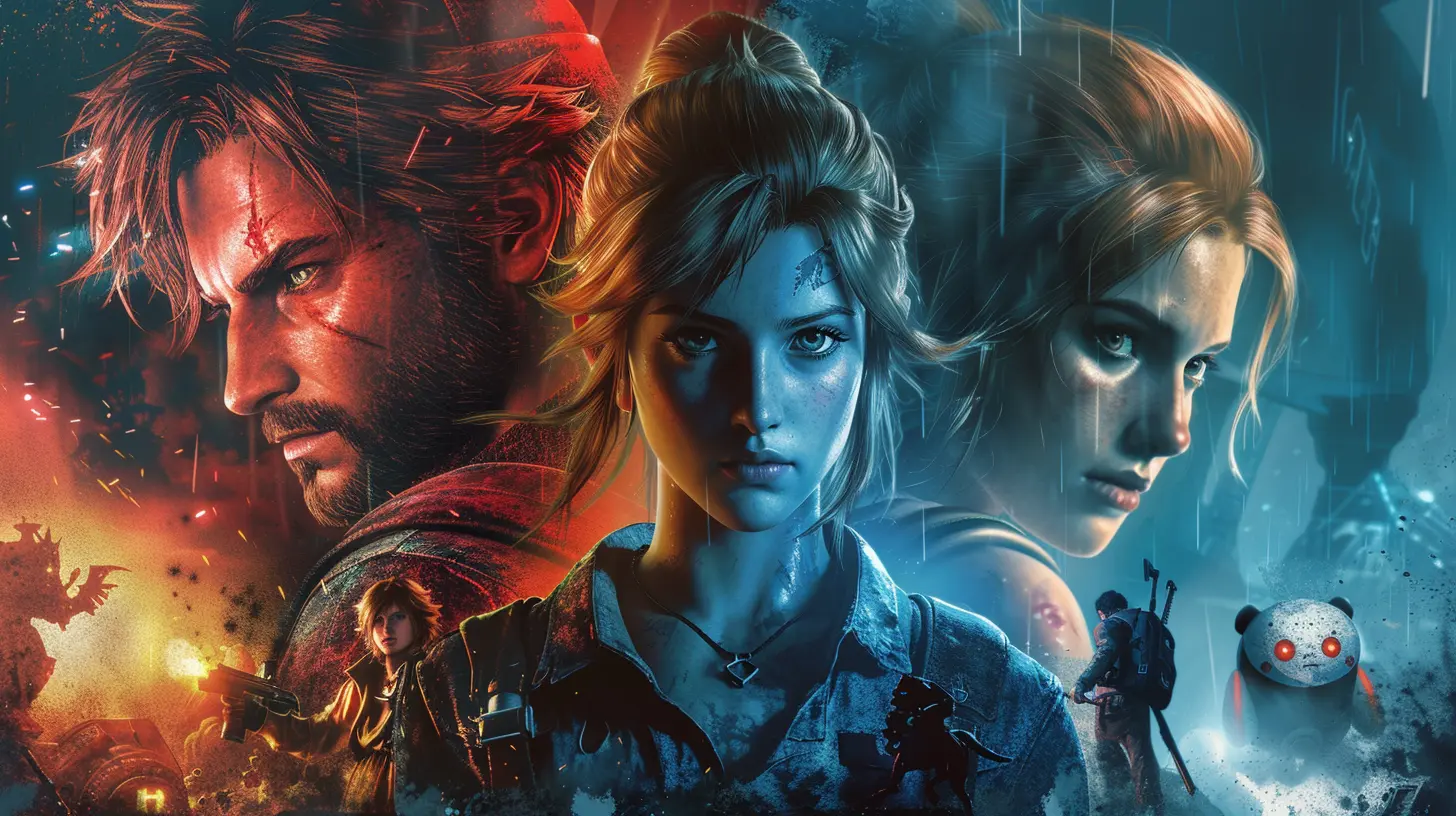
The Rise of PlayStation Exclusives: More Than Just Games
Back in the day, exclusives were mainly about selling consoles. Sony knew that. Microsoft did too. But while competitors were focusing on multiplayer juggernauts or tried-and-true franchises, Sony took a different approach. They doubled down on storytelling, artistic vision, and emotional engagement.Games like The Last of Us, God of War, and Uncharted weren’t just good—they were unforgettable. They weren’t just fun—they were transformative. These weren’t games you played and forgot. These were the ones that stuck with you. The ones that made you cry, cheer, or scream at your TV.
And guess what? The rest of the industry noticed.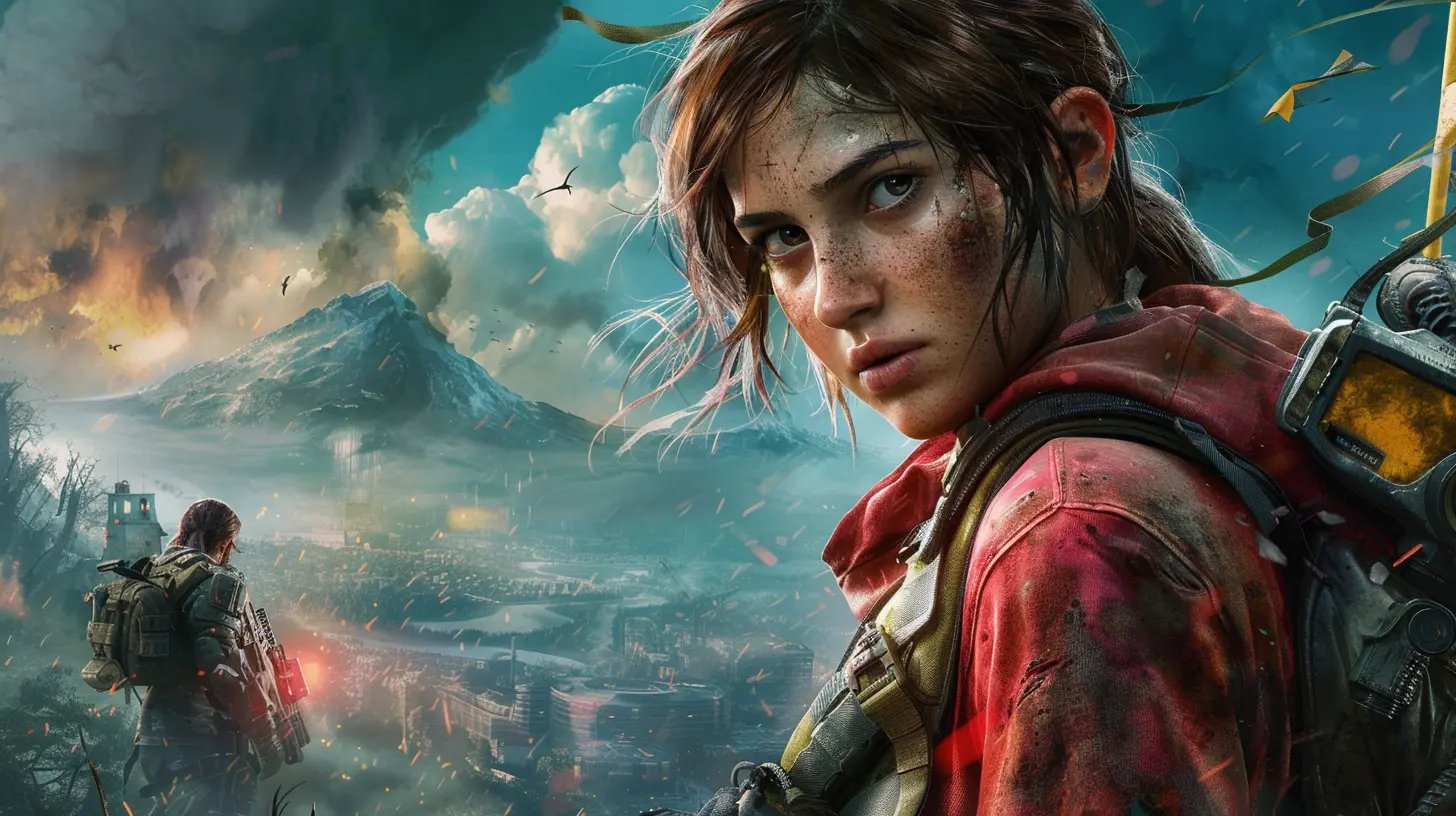
Cinematic Storytelling: The Naughty Dog Effect
Let’s talk about Naughty Dog—the studio behind The Last of Us and Uncharted. These guys redefined what narrative meant in gaming. Before them, most games told stories through cutscenes. But Naughty Dog blended gameplay and story so seamlessly, it felt like you were playing a movie.Uncharted 2 was a major turning point. That collapsing building scene? Insane. It was the moment everyone went, “Wait… games can actually look and feel like Hollywood blockbusters.”
Then The Last of Us came along and flipped the entire industry on its head. It taught everyone that emotional depth could exist in games without sacrificing gameplay. It was raw, human, and flawed—just like real life. After that, story-driven games got a whole lot more emotional across the board.
Games That Took Notes
- Tomb Raider (2013) leaned hard into the cinematic vibe that Uncharted popularized.- Hellblade: Senua’s Sacrifice delivered a raw performance-driven narrative, clearly inspired by The Last of Us.
- Even Call of Duty campaigns started pushing emotional beats and heavier storytelling.
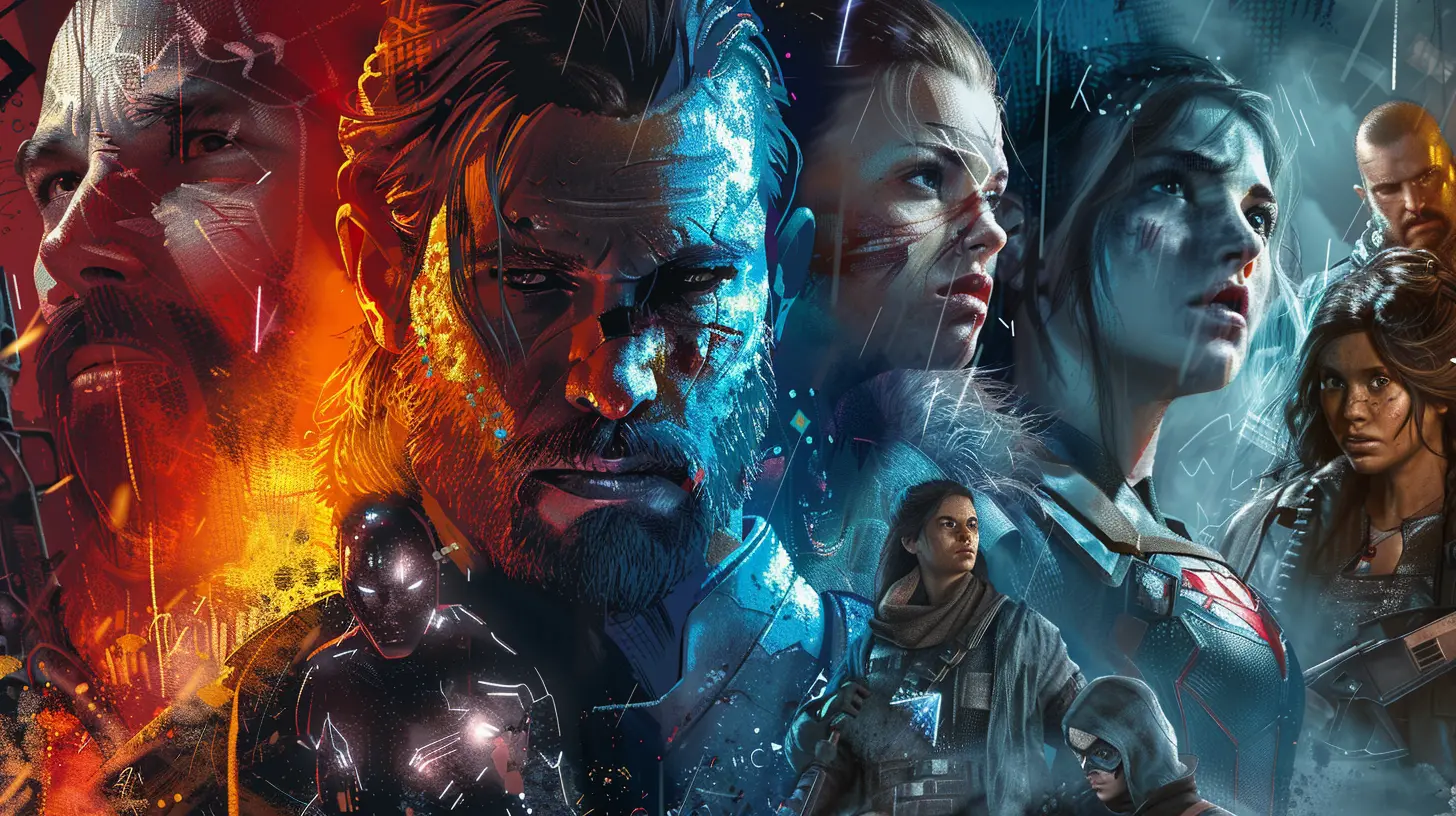
Reinventing Franchise Fatigue: Enter God of War (2018)
Remember Kratos from the old God of War games? Angry, violent, and… well, pretty shallow. By 2018, that kind of one-note character didn’t cut it anymore. So what did Sony Santa Monica do? They hit the reset button—and gave us a dad Kratos.The 2018 reboot was a masterclass in reinvention. It kept the brutal combat but added emotional layers, world-building, and a one-shot camera style that kept the player glued to Kratos and Atreus.
This wasn’t just a reboot; it was a redefinition of what a legacy franchise could be.
Influence in the Wild
- Assassin's Creed Origins and subsequent games adopted a more character-driven RPG approach.- Star Wars Jedi: Fallen Order took notes on combat mechanics and emotional storytelling.
- Even Halo Infinite tried to inject more father-son type dynamics between Master Chief and the Weapon AI.
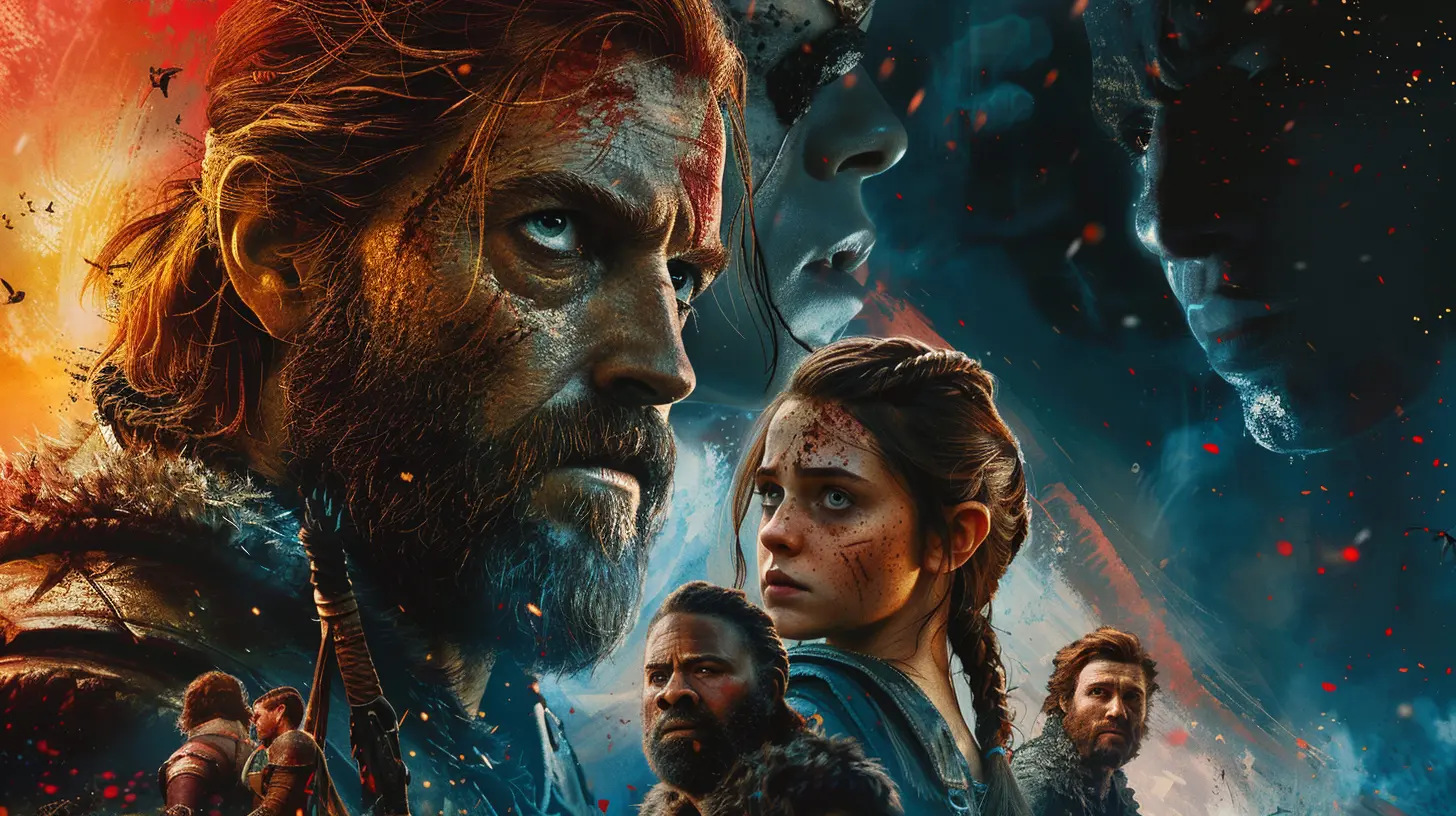
Visual Storytelling and Artistic Ambition: Ghost of Tsushima and Beyond
Ghost of Tsushima wasn't just a love letter to samurai films—it was a painterly journey you got to live. The wind guiding your path, the haikus, the visual cues instead of HUD clutter—it felt poetic. It made open-world gaming beautiful, not just big.Before this, open-world games mostly just threw a million icons at you. But Ghost of Tsushima gave us elegance. It showed that minimalism and clarity could coexist with exploration.
How It Spread
- Elden Ring and Breath of the Wild thrived on similar principles: let the world guide you.- Horizon Forbidden West (another PlayStation exclusive, mind you) continued this ethic of immersive minimalism.
- Even Far Cry 6 decided to clean up its UI and focus more on visual storytelling.
Let’s Talk Level Design: Bloodborne and The Soulsborne Blueprint
Ah, Bloodborne. The gothic cousin of the Souls series. While Dark Souls already had a cult following, Bloodborne brought that punishing-yet-rewarding gameplay to a broader audience—thanks to its PlayStation exclusivity and stylish horror aesthetic.But what made Bloodborne shine wasn’t just its difficulty—it was the interconnected design. Every shortcut, every loop, every hidden boss—it all felt handcrafted.
Now look at other games post-Bloodborne:
- Sekiro (by the same devs, yes) but with even tighter mechanics.
- Remnant: From the Ashes and its sequel clearly wear the Soulsborne influence on their sleeves.
- Even Star Wars Jedi: Survivor borrowed the punishing combat and interconnected levels.
PlayStation didn’t invent tough love mechanics. But by giving Bloodborne a spotlight, Sony made sure the rest of the world couldn’t ignore it.
Emotional Storytelling: Beyond Just Words
Detroit: Become Human, Journey, Shadow of the Colossus—these games did something unique. They spoke to us without always needing dialogue. They made us feel.They took player agency and made it emotional. Every choice in Detroit felt weighted. Every silent step in Journey felt meaningful. And Shadow of the Colossus? That game hurt your heart with every boss you took down.
This level of emotional storytelling started showing up in unexpected places:
- Life Is Strange series embraced emotional consequences.
- Firewatch and What Remains of Edith Finch focused on introspection over action.
- Even puzzle games like The Witness conveyed stories through the environment and discovery.
The Rise of Prestige Gaming
Here’s a fun term—“Prestige Gaming.” Like Prestige TV (think Breaking Bad or The Wire), this is about games that aim higher. They're not satisfied with just being good—they want to be memorable, meaningful, and talked about years after release.PlayStation exclusives planted this concept right at the heart of modern gaming. Triple-A titles started to aim for prestige, not just profit.
The Ripple Effect
- Microsoft’s acquisition of studios like Bethesda and Activision? A direct response to Sony’s top-tier exclusives.- Nintendo ramping up emotional storytelling in Zelda: Breath of the Wild and Tears of the Kingdom? That’s influence, right there.
- Even indie developers started to mimic the presentation and pacing of PlayStation’s best, showing that prestige is a universal goal.
Innovation Over Quantity
Let’s be honest. Sony could’ve chased quantity—pumped out yearly releases and massive live service games. But instead, they bet big on quality.That bet paid off.
From Ratchet & Clank’s stunning visuals to Returnal’s addictive loop-based gameplay, Sony exclusives constantly push boundaries. They refuse to play it safe, and that encourages everyone else to take risks too.
When PlayStation says, “Look at what’s possible,” other developers reply, “Challenge accepted.”
What This Means for Gamers
So here’s the best part of all this—you win.Whether you play PlayStation or not, the ripple effect of these exclusives benefits everyone. You get better stories. Smarter design. Deeper characters. More beautiful worlds. Every time a PlayStation exclusive pushes the envelope, someone else follows suit—and we all get better games because of it.
Pretty awesome, right?
Where We Go From Here
With PlayStation continuing to invest in narrative-driven titles, and other platforms catching up, the future of gaming looks bright. We’re entering an era where games aren't just games—they're experiences. They’re art. They’re connection.And guess what?
It all started with a few exclusives that dared to dream bigger.
So next time you’re walking through a quiet moment in a game, feeling something real, tip your hat to the legacy of PlayStation exclusives. Because chances are, they helped make that moment possible.
all images in this post were generated using AI tools
Category:
Playstation ExclusivesAuthor:

Jack McKinstry
Discussion
rate this article
1 comments
Molly Hernandez
PlayStation exclusives set benchmarks that shaped gaming evolution.
November 5, 2025 at 4:12 PM

Jack McKinstry
Absolutely! PlayStation exclusives have consistently raised the bar for storytelling, gameplay mechanics, and innovation, shaping the industry and inspiring countless developers to push creative boundaries.


